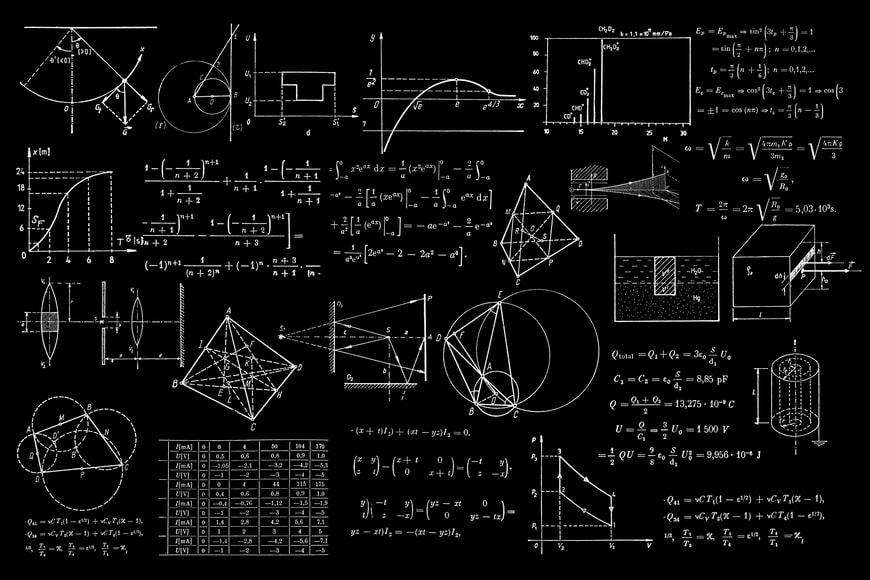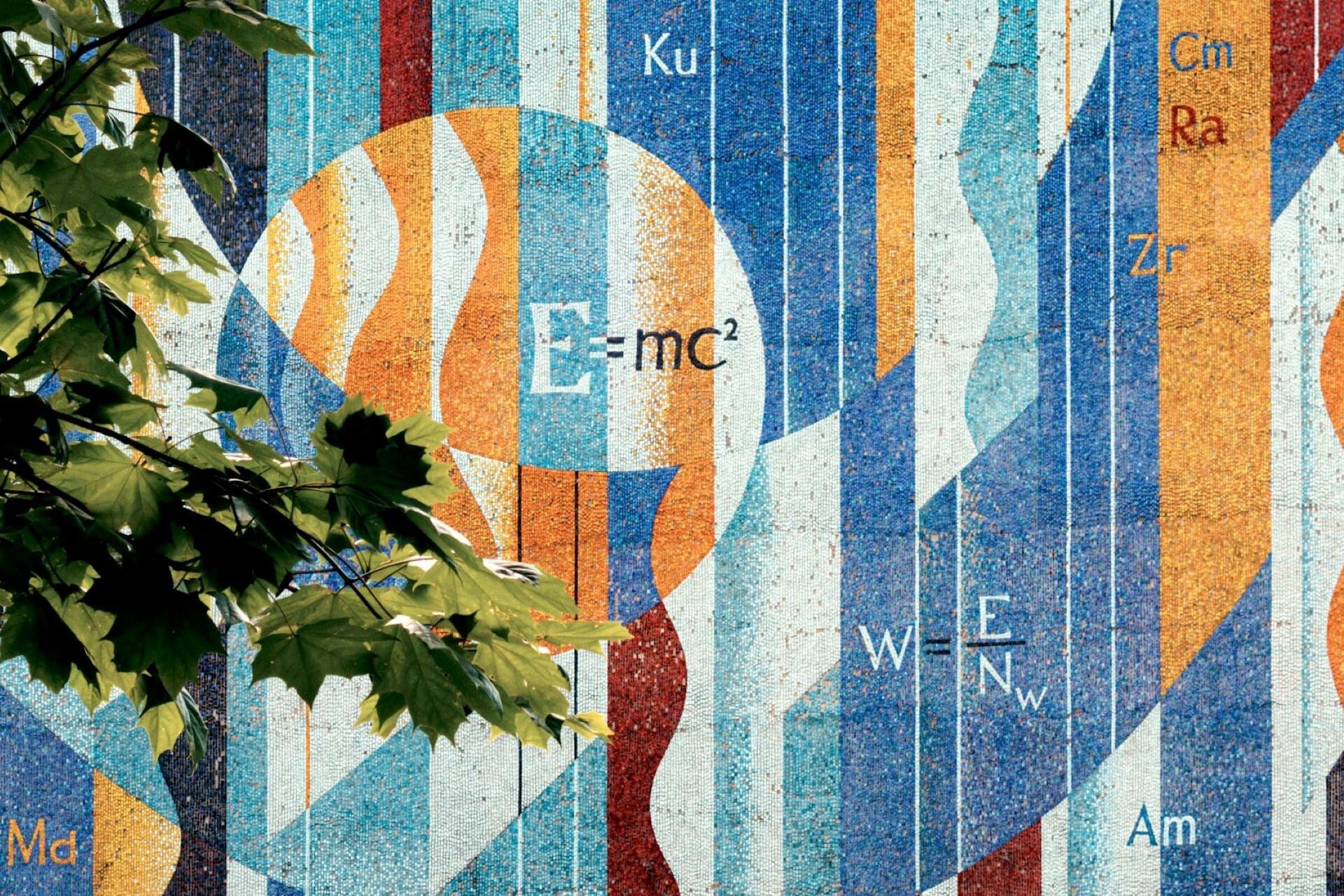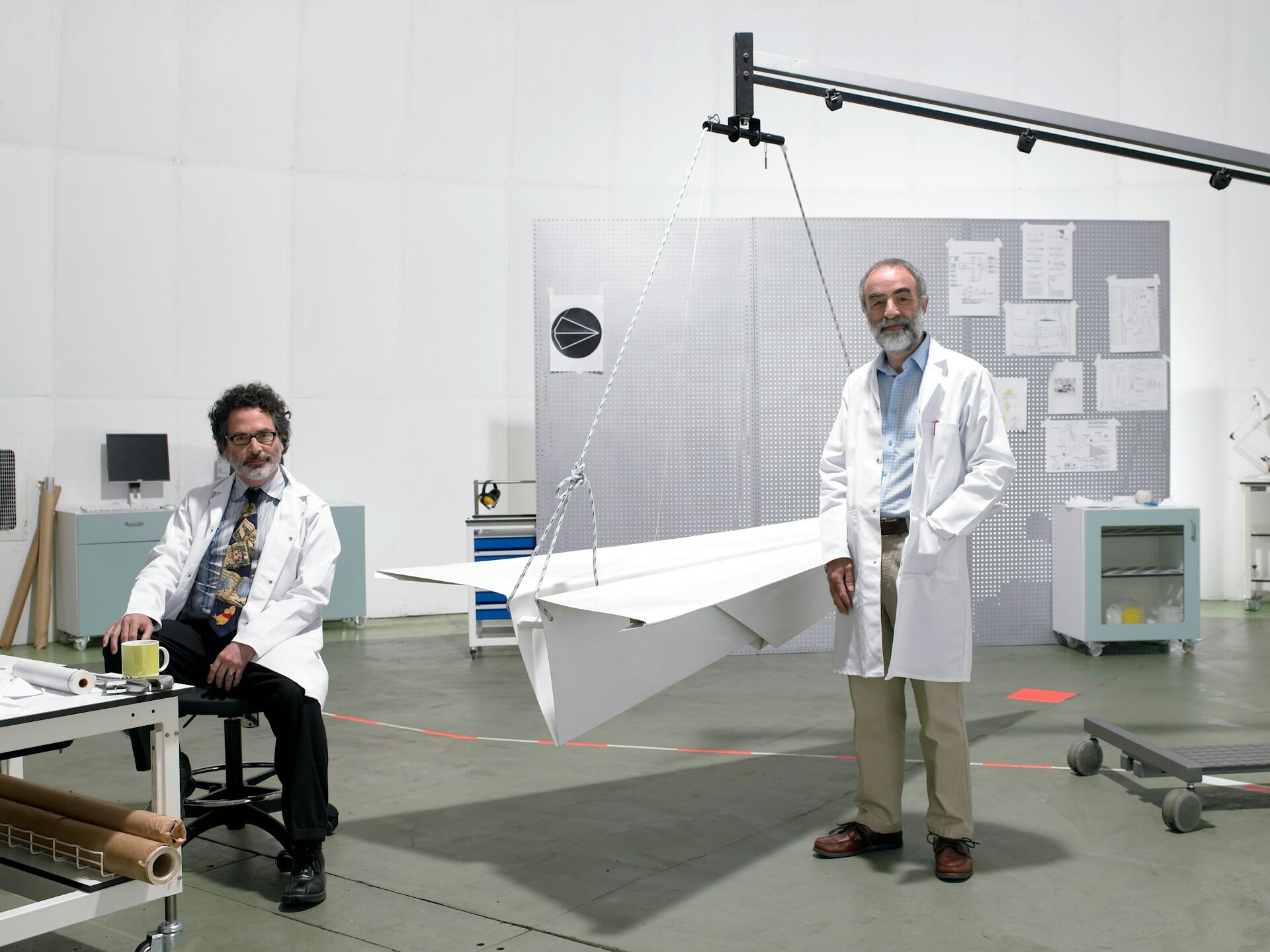Before pursuing a career in physics, it is critical to know the subject.
It is a branch of science concerned with the interaction of energy and matter – it is so vast that it is impossible to envisage a system that does not incorporate physics somehow.
Physics makes it easier to understand our surroundings, discover quantifiable physical principles for everything, gain a comprehensive perspective on any topic, and fulfill our curiosity.
Since it is tied to other disciplines, physics is among the oldest and perhaps most hard sciences.
Physics is the study of everything that happens in the cosmos, encompassing atoms, natural events, and energy, as well as their interactions.
Physics is defined by accuracy, which drives scientists to constantly develop new instruments and procedures to determine the validity and outcomes of physical investigations.


Branches Of Physics
Physics is regarded as one of the most rudimentary topics and academic specialties ever discovered. It includes the study of matter, its behavior, motion, force, and energy.
As a broad science, it overlaps with a wide range of themes and disciplines, including quantum chemistry and biophysics.
On the other hand, physics frequently outlines a broad range of ideas and procedures investigated by other branches of study.
It also provides new study directions for other academic domains, like philosophy and mathematics.

For individuals interested in pursuing a physics career, there are numerous transdisciplinary subjects and disciplines to choose from. Moreover, you are likely to get a high-paying job.
Here are the several types of physics:
Modern Physics
The two main concepts of modern physics are quantum and relativity mechanics. Moreover, this field of physics was pioneered by Max Plank and Albert Einstein.
They became the first to propose quantum mechanics and relativity theory. Unlike the traditional school of physics, modern physics does not see matter and energy as different things.
However, they are only referred to as the two different versions of one another in this context.
Classical Physics
Classical physics is a prominent field of physics. It is primarily concerned with several laws of gravity and motion. James Clark and Sir Isaac Newton developed these hypotheses.
However, they are Maxwell's thermodynamic theory and kinetic theory. Furthermore, this discipline of physics studies energy and matter.
Classical Physics can generally be explained as Physics that before 1900. Everything and anything that came after that period (after 1900) are called modern physics.
Moreover, matter and energy are treated independently in this branch of physics. In general, theories that are judged flawed in current physics are automatically regarded as the components of classic physics.
Automic Physics
Atomic physics is another field of physics to consider. However, it is focused on the atom's makeup other than the nucleus.
Its primary goal is to investigate and comprehend the activity of electrons in the chambers surrounding the nucleus. Furthermore, this area of physics is concerned with neutral atoms, electrons, and ions.
One of perhaps the most essential ventures into atomic physics was realizing that all matter is made up of atoms. This finding of spectral lines signifies the start of nuclear physics.
Moreover, this finding paved the way for a different understanding of the mechanism and atoms' arrangement.
Nuclear Physics
The composition, interactions, behavior, and structure of atomic nuclei are all studied in this discipline of physics. However, nuclear physics is distinct from atomic physics.
However, the latter investigates the atom and its electrons. Furthermore, nuclear physics has grown to be a vast field of research in recent years, with its breadth expanding exponentially.
This subject's principles and methodologies are used in various research and academic fields.
For example, it is being used to generate electricity, agricultural isotopes, magnetic resonance imaging, nuclear weapons, and medications.
Learn everything you need to know when you search for physics tutoring NYC on Superprof.
Mechanical Physics
Mechanical physics is concerned with understanding the movement of material things and how forces affect them. Moreover, this branch of physics is also known as mechanics.
It is divided into two branches: quantum mechanics and classical mechanics and quantum mechanics.
Classical mechanics is the study of physical object motion principles. It also addresses the factors that create motion.
On the other hand, quantum mechanics is the field of physics that is essentially concerned with the activity of the tiniest particles, such as electrons.
Acoustics
Acoustics is the study of sound as a part of physics. It investigates mechanical waves through various media such as solids, gases, and liquids.
Moreover, it investigates vibrations and emphasizes sound creation, effects, reception, transmission, and control. On the other hand, it investigates infrasound, ultrasound, sound, and vibration ideas.
Mechanics
Mechanics is a discipline of physics concerned with the motion and movement of material things when subjected to a force and while at rest.
It investigates the link between many notions like force, substance, and motion. Moreover, pressure applied to things causes deformations or variations in an object's location concerning its surroundings.
Therefore, it investigates the laws of motion, gravity, power, energy, forces, displacement, and friction.
Optics
Optics is a major part of physics that examines light and its characteristics. Optics physics focuses on light qualities, interactions with matter, behavior, and variation in light's interactions and behaviors.
This branch of physics investigates the properties of visible, infrared, and ultraviolet light. Furthermore, optics is sub-divided into geometrical and physical optics.
Physical science is related to the nature of light and its properties, whereas geometrical optics focus on light interactions with mirrors, lenses, and other devices.
Astrophysics
Astrophysics is an area of physics that is very significant.
Space science is a branch of astronomy that focuses on astronomical bodies and their structure, using physical principles and laws to describe and analyze phenomena.
Moreover, the discipline of astronomy and its subdivisions may be traced back to Greek thinkers such as Aristotle, who attempted to investigate space and its constituents.
However, Newton and Galileo revolutionized the legacy of astronomy and its investigation.
Furthermore, astronomy and cosmology are closely related to astrophysics and are sometimes considered associated disciplines.
Thermodynamics
Thermodynamics is a discipline of physics that studies heat and other types of energy. It is concerned with the transformation of conversation of heat from one object to another.
Moreover, it was invented in the nineteenth century when scientists were working on steam engines. However, the basis of thermodynamics is built on three thermodynamic principles.
5 Reasons To Study Physics
Before pursuing a career in physics, many of you must have wondered what can you do with a physics degree? Of course, that is a logical concern!
Everyone wants to know what their degree is worth, significantly when investing your time and money in such a vast discipline.
To clear your mind, we have listed down five benefits of studying physics:
1. Gateway To Problem Solving
Topics like physics and maths are great for improving your problem-solving abilities. Physics can assist you in any circumstance that requires you to analyze and even potentially solve an issue.
Indeed, critical thinking, analyzing, and conceptual problem-solving are crucial talents that every undergraduate must possess to succeed in this vast world.
So you will not only learn just how the globe spins and such, as well as how to deal with difficulties when they arise.
Find physics tutoring here on Superprof.

2. Learn New Things
We are all aware that physics educates us extensively about the universe. For example, it can tell us how and why it rotates when it rotates, how quickly it rotates, and so on.
We can discover something new about the universe's principles, which any curious individual would enjoy reading about.
But do not limit yourself to our reality. Physics is a vast and challenging subject. Yet, it is so simple to get indulged in it as our world is simply a tiny part of what you may know about if you explore the subject.
But also, whereas many people think of physics as nerdy and uninteresting, others adore it and cannot get enough of it.
3. Career Opportunities
You would be astonished at how many employment options are accessible to you with that kind of a degree.
However, you must be aware that physics is mainly based on science; thus, you should anticipate employment in that sector.
But it does not necessarily have to be that way. For example, many physics students do not pursue careers in science. This means that if you consider it properly, you do not always have to become a scientist.
A physics degree may be used in various professions, including finance, business, government, and technology.
Consider hiring a physics tutor near me to learn more about career prospects in physics. A tutor can provide valuable insights into various career paths, from academic research to industry roles, and help you understand the skills and knowledge needed to succeed in this dynamic field.
4. Helps With Other Subjects
You do not have to be a physicist to understand the relationship between maths and physics. So while the topic might be reasonably comprehensive, it does complement other courses like mathematics.
Basically, physics without arithmetic is ineffective. Therefore, you must become an excellent mathematician before you begin because this is the subject's foundation.
While many people believe arithmetic to be more complex, we see it as a necessary step. Moreover, you cannot be a physicist unless you are a fantastic mathematician.
5. Continuously Evolving
One of the most important takeaways is that physics is extensive and continually developing.
This shows that things are constantly evolving, that different innovations are being created, and that new findings are waiting for you to know everything there is to know about them.
It is a far more exciting subject that puts you on your feet.
If you enjoy getting up in the morning and reading about the latest news in your industry, you might argue that physics matches government and even business in this regard.
Another factor to bear in mind is that many individuals find it challenging to start. In addition, many people may find it challenging to comprehend the issue properly.

Physics Related Career
Once you start studying physics and its branches, the next thing that pops up in your mind is the career opportunity.
Students with a bachelor's degree in physics can work in science, education, medicine law, research and development, military, law, and business.
At the same time, students who are still studying can easily have numerous research and internship opportunities to guide them for their future.
Following are the physics career list that can help you shape your future:
For Internship
There are various internship opportunities available for physics majors, such as:
- Air Force Research Laboratory
- Boeing
- Accenture
- Ajax Tocco Magnethermic
- CAR Technologies, LLC
- Battelle
- Cook Nuclear Plant
- Cisco Systems
- Center for Automotive Research
- General Electric Aviation
- Fort Calhoun Nuclear Station
- Electroscience Laboratory
- IBM
- Honda Research and Development Americas, Inc.
- Great American Financial Resources
- ITT Industries
- JP Morgan Chase
- Idaho National Laboratory
- NASA
- Meyer Sound, Inc.
- Johns Hopkins University Applied Physics Lab
- Raytheon Integrated Defense Systems
- Nationwide Financial
- Wright-Patterson Air Force Base
- Microsoft
For Full-Time Employment
Companies big and small need physics majors for several types of jobs, such as:
- Data Analyst
- Accelerator Operator
- High School Physics Teacher
- Applications Engineer
- Lab Technician
- Design Engineer
- Optical Engineer
- IT Consultant
- Software Developer
- Laser Engineer
- Technical Specialist
- Research Associate
- Web Developer
- Systems Analyst
Salary Of A Physicist
Let's assume you have become a physicist and have done your majors in one of its branches. What's next? Of course, you will be pursuing a career related to your field.
However, several people remain confused regarding the salary. They might think the physics degree salary will not be sufficient for them!
Unfortunately, they are wrong! According to a report, an average salary of a physicist is approximately $96,071 per year. So what else do you want? Over time, this will too grow!
Learn Physics With Superprof
Whether you choose to study modern physics or classical physics, astrophysics or nuclear physics, there will be infinite information for you to explore.
Unfortunately, however, teachers often could not give proper attention to their students and left everything to learn.
This is where Superprof will help you. The online tutoring platform has several online physics classes who can help you to learn the subject and shape your future.
Summarize with AI:
























